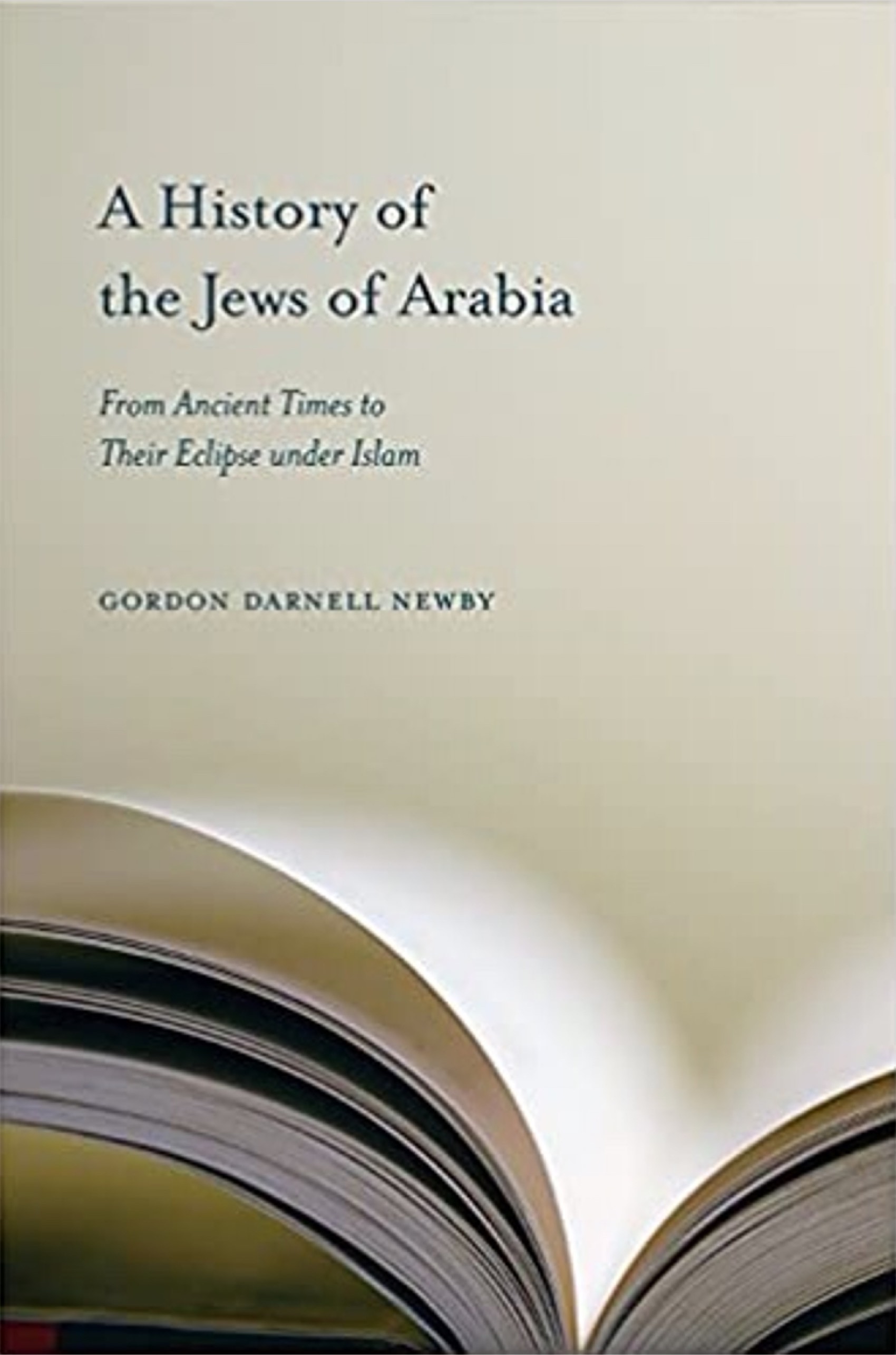A HISTORY OF THE JEWS OF ARABIA FROM ANCIENT TIMES TO THEIR ECLIPSE UNDER ISLAM
The book “A History of the Jews of Arabia: From Ancient Times to Their Eclipse Under Islam” by Gordon Darnell Newby provides a rich and multifaceted account of Jewish communities in Arabia, examining their origins, cultural and religious life, and eventual decline following the rise of Islam. Here is a concise summary:
Summary:
This scholarly work investigates the historical presence and influence of Jews in the Arabian Peninsula from ancient times until their subjugation under Islamic rule. Newby explores the complex interplay between Jewish communities and surrounding cultures, including Arabs, Romans, and early Muslims, using Islamic sources, archaeological evidence, and historiographical analysis.
• Origins and Legends: The book examines various legends about Jewish settlement in Arabia, including connections to the destruction of the First and Second Temples. These narratives—often preserved in Arabic and Islamic texts—portray Jews as having deep roots in Arabia, with settlements predating Islam by centuries.
• Jewish Communities: Detailed discussions cover the Jews of the Hijaz (especially Yathrib/Medina), Southern Jewish Kingdoms like those under Dhu Nuwas in Yemen, and interactions with Roman and Nabataean cultures.
• Muhammad and the Jews: A significant portion is dedicated to the interaction between the Prophet Muhammad and the Jewish tribes of Medina. These chapters delve into treaties, conflicts, and theological debates that shaped early Islamic views on Jews.
• Language and Culture: Evidence of a Judeo-Arabic dialect is explored, showing linguistic and cultural assimilation among Arabian Jews, including use of Arabic while retaining Hebrew traditions.
• Aftermath and Eclipse: After the rise of Islam, Jewish autonomy and influence declined. The final chapters cover the historiographical challenges in reconstructing this history due to scarce sources and bias in Muslim accounts.
• Methodology: Newby also reflects on the methodological challenges in studying Arabian Jewry, critiquing past Western attempts to frame Islam as derivative of Judaism and stressing the need for nuanced historical reconstruction.
